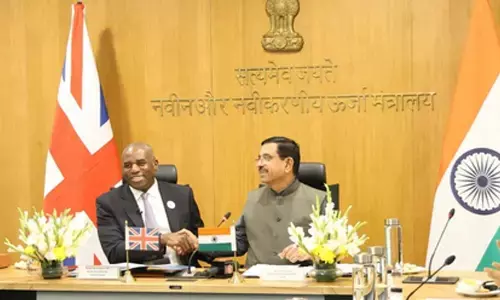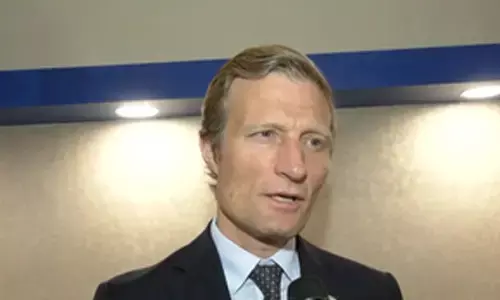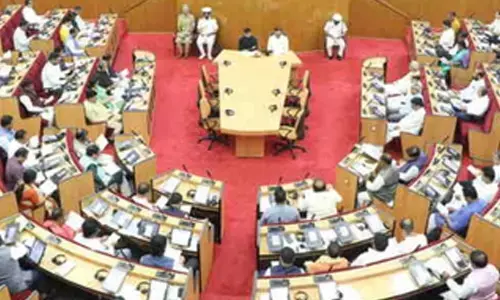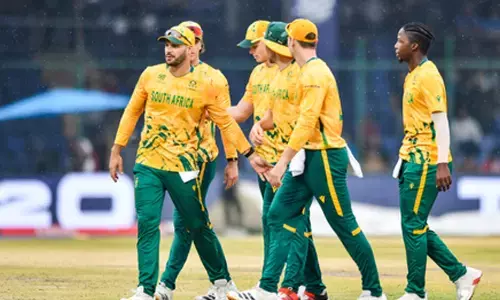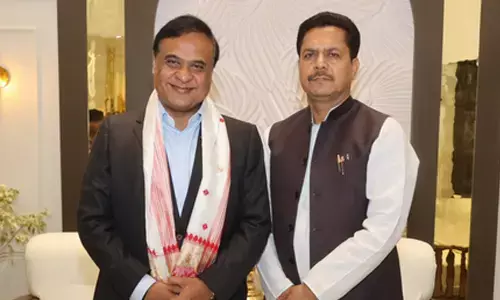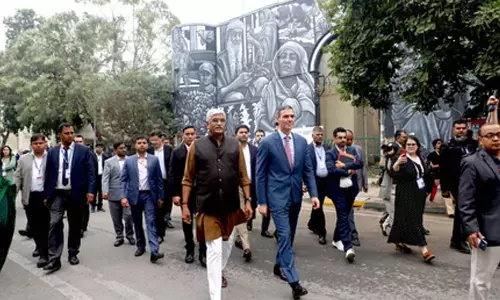CJI NV Ramana: Law needs to operate humanely, judiciary has to be sensitive about people's problems
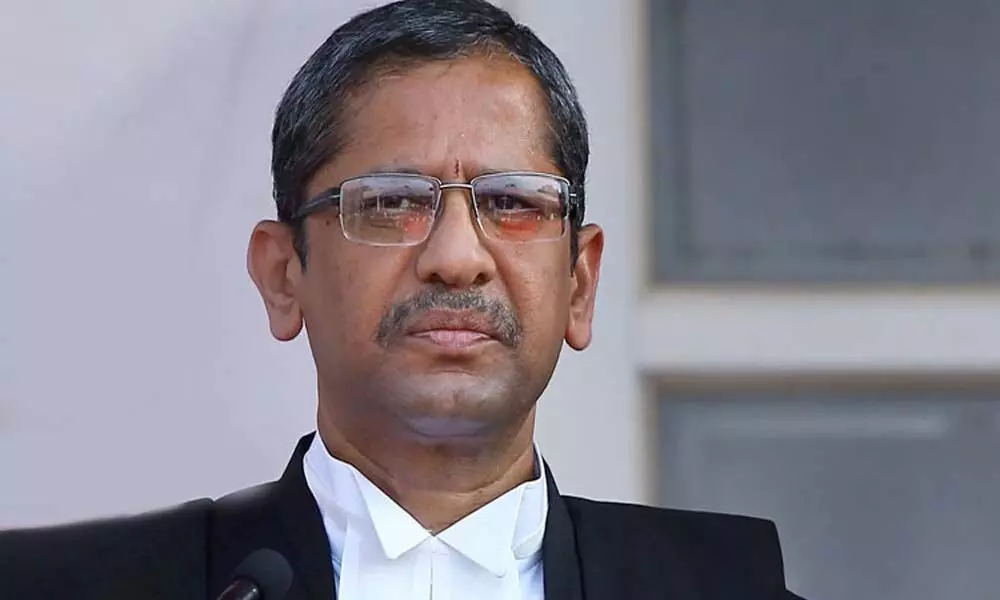
Chief Justice Of India NV Ramana
The Chief Justice of India N.V. Ramana on Sunday said primarily the ability of constitutional courts is to function with absolute independence and necessary boldness in the face of adversity -- which defines institution's character -- and emphasized "the law needs to operate humanely", and the state judiciary has to be sensitive to people's problems and their practical difficulties
New Delhi: The Chief Justice of India N.V. Ramana on Sunday said primarily the ability of constitutional courts is to function with absolute independence and necessary boldness in the face of adversity -- which defines institution's character -- and emphasized "the law needs to operate humanely", and the state judiciary has to be sensitive to people's problems and their practical difficulties.
The Chief Justice was speaking at the valedictory ceremony of the pan-India legal awareness and outreach campaign organised by National Legal Services Authority (NALSA).
He said: "The State judiciary, being closely associated with the people, has to be sensitive and aware about their problems and practical difficulties. In particular, it needs to be cognizant about both victims and as well as accused and must facilitate their emergency needs".
He added, "After all, the law needs to operate humanely. Remember, it is the trial court which is approached first by a woman in distress, a child in need of care, or an illegal detenue."
The Chief Justice emphasized that the court's decisions have a huge social impact, and it should be easily comprehensible and must be written in simple and clear language.
He said it is, primarily, the ability of constitutional courts to function with absolute independence and necessary boldness in the face of adversity, that defines the character of the institution. "Our ability to uphold the Constitution sustains our impeccable character. There is no other way to live up to the faith of our people. Poverty is a misfortune for which the law cannot take any responsibility at all", he added.
The Chief Justice said the stark divide between haves and have nots is still a reality and no matter how many cherished declarations, "we successfully arrive at it, in the face of poverty, inequity and deprivations, it will all seem pointless".
He said: "Despite our being a part of a welfare state, benefits are not trickling down to the intended beneficiaries at the desired levels. People's aspirations about leading a dignified life are often met with challenges. One of them, primarily, being poverty".
The Chief Justice said: "Sadly, Independent India inherited a deeply fragmented society from its colonial past. Considering the same, Pandit Nehru had once said there could be no real freedom without economic freedom and that to call a starving man free, is but to mock him".
He emphasized that all the members of the judicial family, transform the social order and give justice -- social, economic, political and cultural -- in such a manner that the people secure what was promised in the glorious Preamble.
"The mind of the Indian judiciary can be known to millions largely through the actions of the trial court and the district judiciary... Without a robust justice delivery system at the grassroots level, we cannot imagine a healthy judiciary", he said.
The Chief Justice said the schemes and activities of the NALSA Act as a necessary bridge ensuring access between the benefactor and the beneficiary, and its work is essential for a healthy democracy.
The Chief Justice thanked the President and the Prime Minister for extending all necessary help in giving a boost to the legal aid movement in the country.
The event was also attended by Union Minister Smriti Irani and Attorney General for India K.K. Venugopal.



